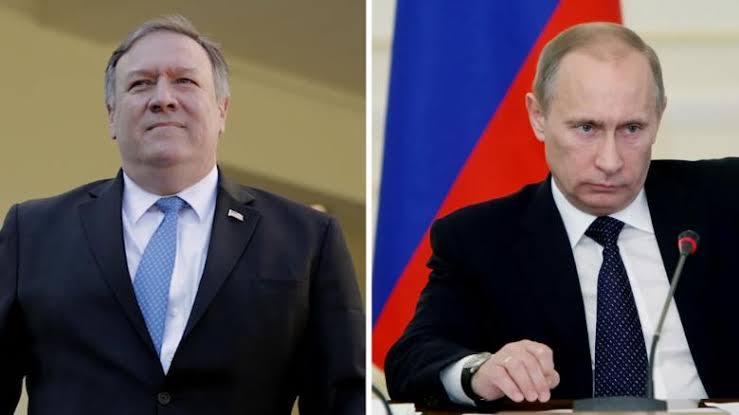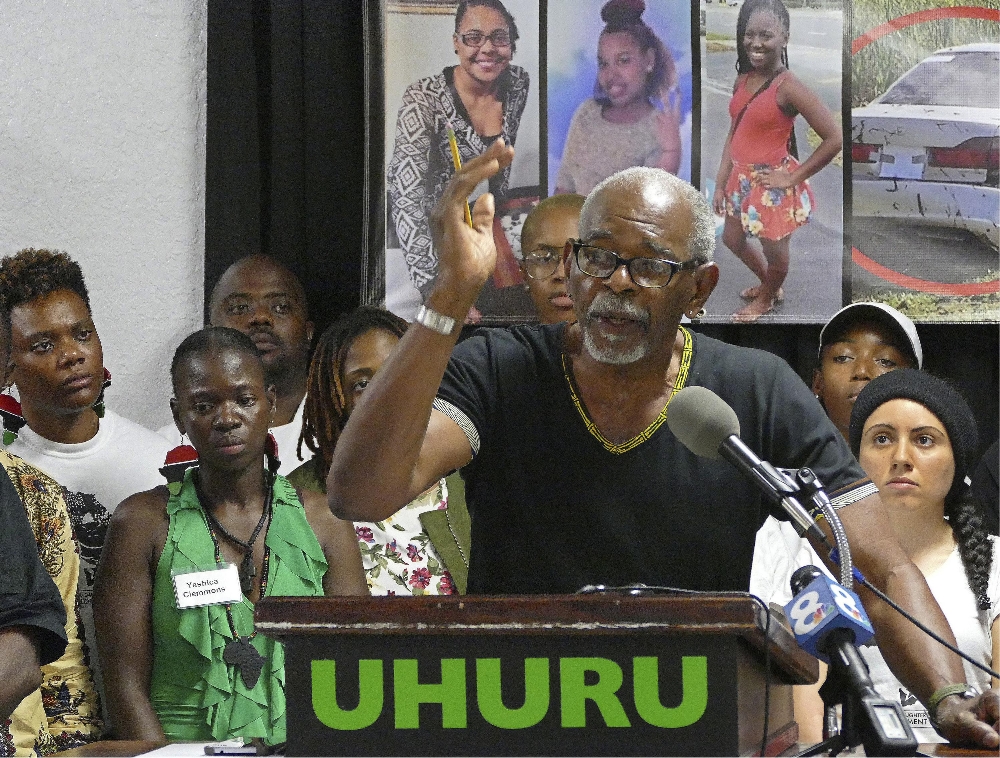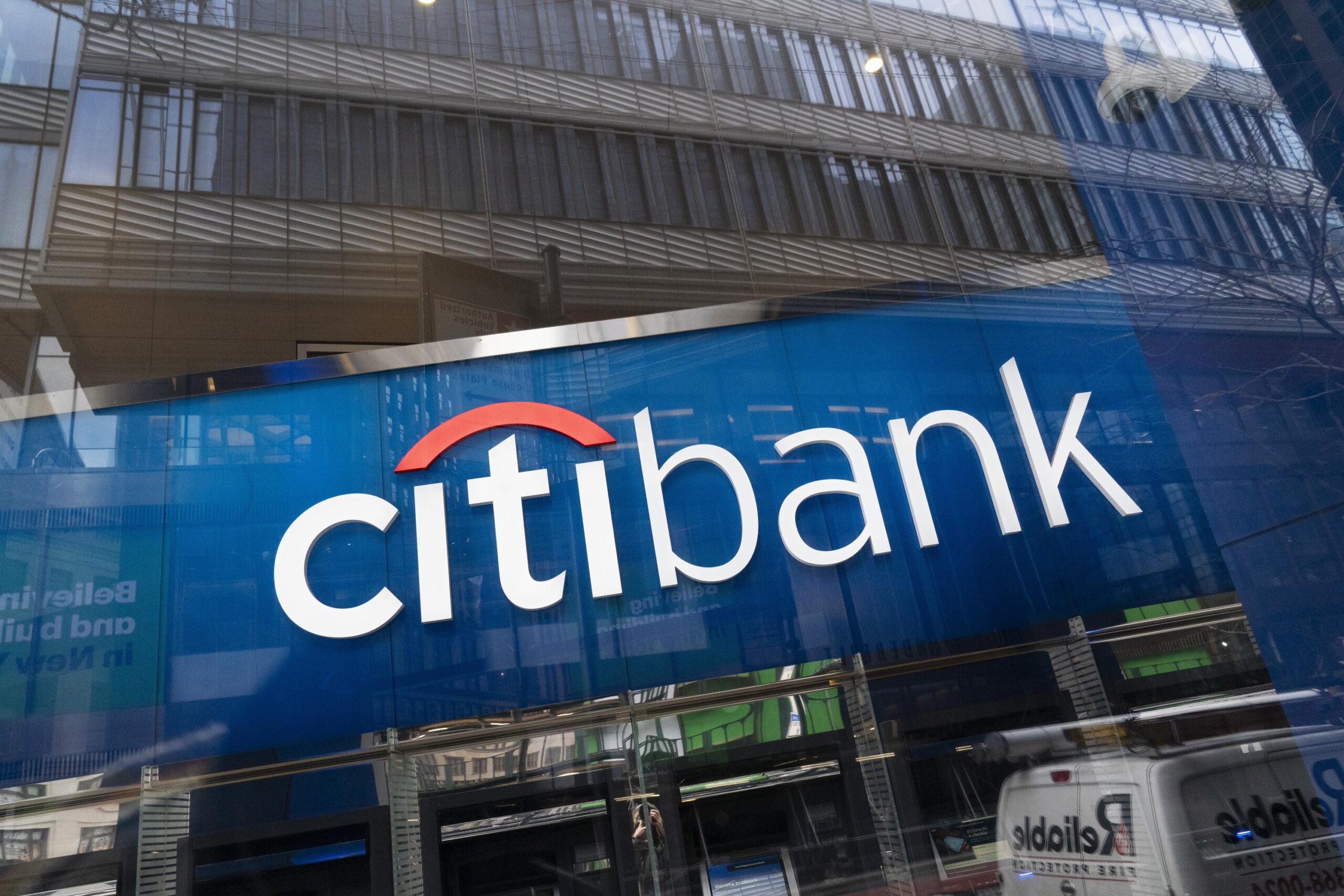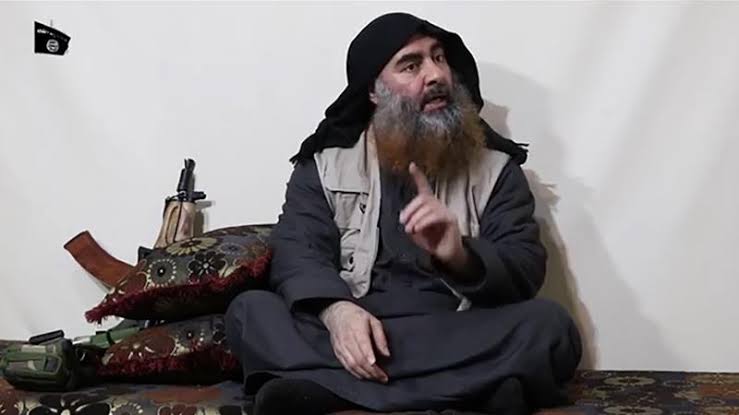US Secretary of State Mike Pompeo has warned of the dangers posed by Russia and China, and called on Nato to grow and confront “the challenges of today”. On a visit to Berlin, Mr Pompeo said methods used by China to suppress its own people would be “horrifyingly familiar” to East Germans. And he accused Russia of invading its neighbours and crushing dissent.
US President Donald Trump has frequently accused European Nato members of failing to provide their fair share of military spending and of relying too heavily on the US for their defence.
Nato celebrates its 70th anniversary at a summit in London next month.
What else did Mr Pompeo say?
He was speaking in Berlin a day before the 30th anniversary of the fall of the Berlin Wall.
Referring to that event, Mr Pompeo said “the West – all of us – lost our way in the afterglow of that proud moment”.
“Today, Russia – led by a former KGB officer once stationed in Dresden [President Vladimir Putin] – invades its neighbours and slays political opponents.”
Mr Pompeo accused the Chinese Communist Party of “shaping a new vision of authoritarianism” and warned the German government against using Chinese telecom giant Huawei to build its fifth-generation data network (5G).
Chinese foreign ministry spokesman Geng Shuang reacted angrily, accusing Mr Pompeo of ideological prejudice and having a Cold War mindset.
“Attempts to separate the Chinese people and the Chinese Communist Party are a provocation against the entire Chinese people and are doomed to fail,” he said.
What did Mr Macron say?
Interviewed by the Economist, the French president said he saw a waning commitment to the alliance by its main guarantor, the US.
He warned European members that they could no longer rely on the US to defend the alliance, established at the start of the Cold War to bolster Western European and North American security.
He cited the recent failure by Washington to consult Nato before pulling forces out of northern Syria.
Mr Macron also questioned whether Nato was still committed to collective defence.
Speaking on Thursday, German Chancellor Angela Merkel, a key ally, said she disagreed with Mr Macron’s “drastic words”.
Russian foreign ministry spokeswoman Maria Zakharova, however, said Mr Macron had given “an accurate description of Nato’s current state”.
“Well said. Truthful words, and ones that get to the nub of the matter,” she posted on Facebook.

















